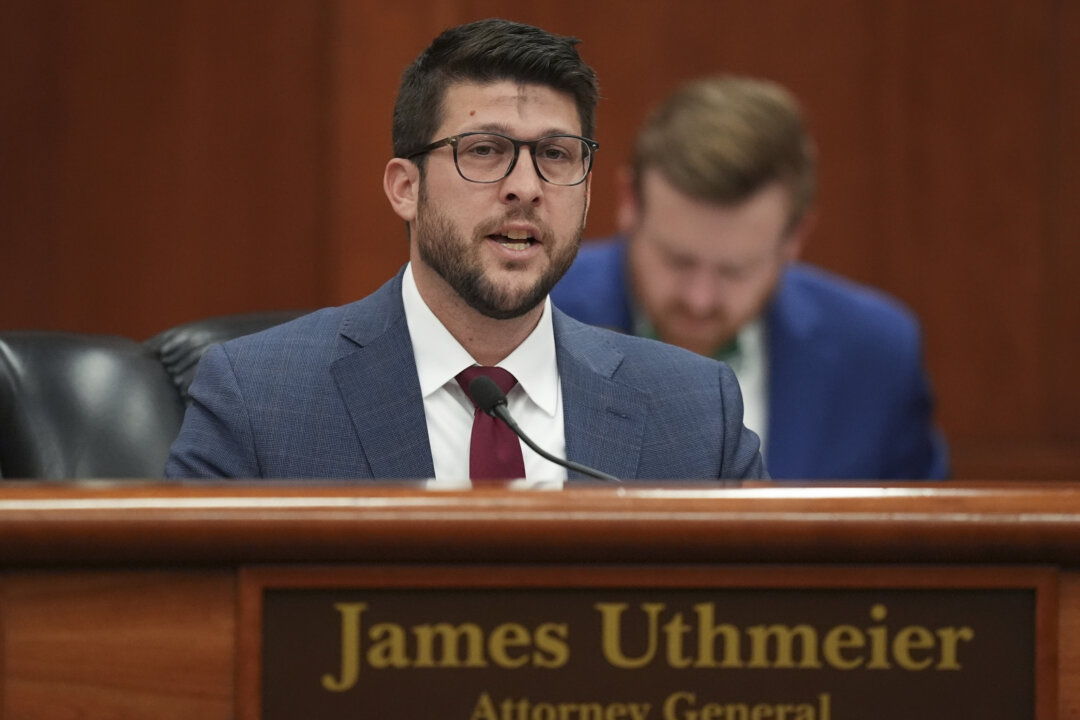
Blog
April 28, 2025 | Source: Forests News | by Vitória Alves
The northeastern region of the state of Pará, Brazil, is a complex landscape. This long-settled area of the Brazilian Amazon is home to caboclos, riverine communities, Indigenous Peoples and migrants, all of whom have experienced various economic cycles over the centuries, from logging to oil palm monoculture. Today, a growing number of farming communities are turning to ecological food production, driven by the need to conserve and restore soil and water resources.
To promote Nature-based Solutions in Pará, the Center for International Forestry Research and World Agroforestry (CIFOR-ICRAF) has been supporting local communities through training sessions, community planting events and knowledge exchanges focused on agroforestry systems (AFS) and productive restoration.
One of the key strategies of the Regenerative Agriculture for Amazon Conservation (ARCA) program is the creation of a network of AFS Demonstration Units in territorial mosaics along the Moju, Acará, Capim, Gurupi and Guamá rivers. Launched in October 2023, the program promotes agroforestry efforts in buffer zones of protected areas, Indigenous lands, Quilombola communities and agrarian reform settlements in Pará.
The post In Pará, Agroforestry Systems Foster Networks, Learning and Amazonian Landscapes appeared first on Organic Consumers.
.png)











 English (US)
English (US)